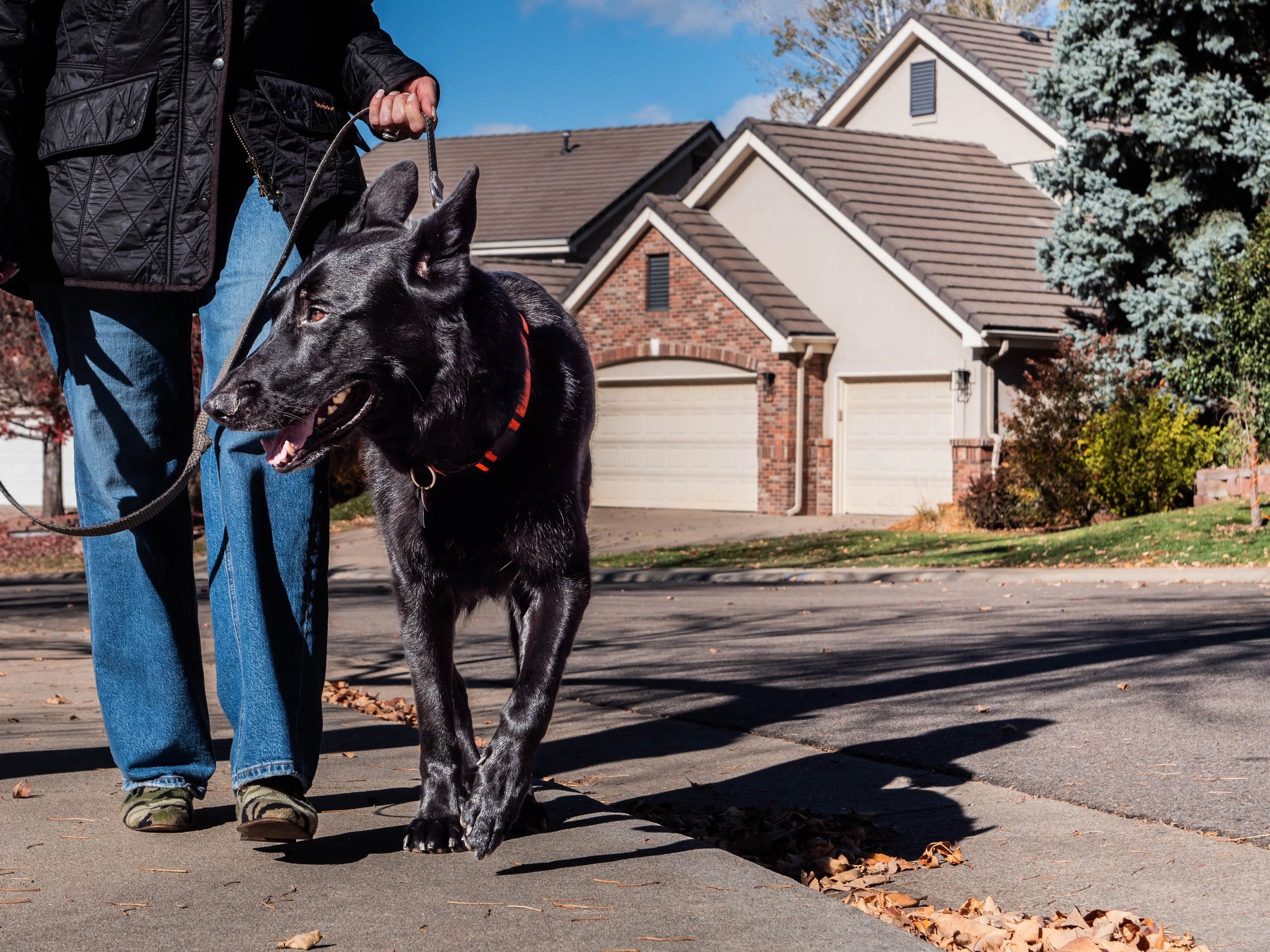Identifying Joint Issues in Dogs
Joint problems are a significant concern for dogs, particularly as they age. These issues can greatly impact their quality of life, causing pain, mobility challenges, and overall discomfort. While arthritis is the most common joint problem, other degenerative joint conditions can also affect a dog's joints. This comprehensive guide explores canine arthritis, other joint pain issues in dogs, and effective strategies to manage and alleviate these conditions.
Signs of Joint Issues in Dogs
Joint problems in dogs often manifest through noticeable behaviors and physical changes. One of the first signs is limping or favoring one leg, which usually signals joint pain. Difficulty moving, especially after rest, highlights issues with the joints. This stiffness, combined with irritability and frequent slipping, often points to developing joint problems.
You may notice a decrease in your dog’s playfulness or reluctance to engage in physical activities. Certain breeds / sizes of dogs, for example larger breeds like Labrador Retrievers and giant breeds such as Bernese Mountain Dogs, are all more prone to degenerative joint issues. Additionally, behavioral changes such as increased irritability, appetite depression, and excessive licking of the affected area can indicate joint pain or discomfort.
Common Causes of Joint Issues in Dogs
Degenerative Joint Disease (Osteoarthritis)
This progressive condition causes the cartilage protecting a dog's joints to deteriorate, leading to pain and inflammation. It's one of the most common joint issues affecting dogs.
Hip Dysplasia
This genetic condition occurs when the hip joint doesn’t fit properly into the hip socket. Over time, this misalignment causes pain and arthritis, especially in larger breeds.
Elbow Dysplasia
Similar to hip dysplasia, elbow dysplasia affects the elbow joint. It can cause significant pain and may require surgical intervention.
Injuries and Trauma
Stress fractures, cruciate ligament problems, and knee or ankle joint injuries are common in active dogs. Injuries left untreated can result in chronic joint pain.
Managing Joint Pain in Dogs
At Pure Peak, we encourage an integrative approach to managing joint pain, focusing on both traditional and innovative solutions:
Veterinary Care
Regular check-ups are essential for early diagnosis of joint problems. Non-steroidal anti-inflammatory drugs (NSAIDs) are often prescribed to manage pain, while more advanced cases may require surgical intervention.
Lifestyle Adjustments
- Weight Management: Maintaining a healthy weight reduces stress on your dog’s joints.
- Exercise: Regular, low-impact exercise like swimming or short walks helps keep joints flexible and supports muscle strength around the affected areas.
Comfortable Environment
Ensuring your dog has access to soft bedding and easy access to their food and water helps reduce strain on their joints. These small changes can make a big difference in their comfort.
Alternative Therapies
To name just a few modalities such as acupuncture, laser, and physical therapy can help reduce pain and improve mobility. These holistic treatments often enhance overall well-being, helping dogs maintain a higher quality of life.
CBD for Joint Pain Support
Many dog owners have also started incorporating CBD oil into their dog’s care routine. CBD oil may help manage discomfort and promote relaxation. Products like Pure Peak’s Thrive, Relax, and Advanced CBD Tinctures for Dogs are specially formulated to support joint health, calm anxiety, and enhance overall well-being. These tinctures, featuring 3,000 mg of broad-spectrum CBD, are available in different formulations to meet your dog’s specific needs. Pure Peak offers three CBD tinctures: Thrive, Relax, and Advanced, each crafted with veterinarian-endorsed, natural ingredients for safe and effective use.
Administer a few drops directly or mix them into your dog’s meals to promote overall wellness. Be sure to follow dosing guidelines based on your dog’s weight and consult with your veterinarian.
Prevention and Early Intervention for Joint Issues

Taking proactive steps can help prevent or delay the onset of joint issues in dogs. Early screening and lifestyle adjustments are essential.
- Proper Nutrition: Feed your dog a balanced diet with joint-supporting nutrients to prevent degenerative issues.
- Controlled Exercise: Avoid high-impact activities, especially in puppies, to support healthy joint development.
- Seek Veterinary Advice: Regular check-ups can detect underlying conditions that may not have obvious symptoms.
Supporting Your Dog’s Joint Health
Managing joint issues in dogs requires a comprehensive, proactive approach. Regular veterinary care, a healthy lifestyle, and supportive treatments can make a significant difference in your dog’s quality of life. By recognizing the signs of joint discomfort early and making adjustments to their routine, you can help your dog remain active and comfortable throughout their life.
Dog Join Issues FAQs
Can joint problems in dogs be cured?
Joint problems like arthritis cannot be completely cured, but early intervention, veterinary care, and lifestyle changes can significantly improve your dog’s quality of life.
Are there natural supplements for joint health in dogs?
Yes, natural supplements like glucosamine, chondroitin, and omega-3 fatty acids can support joint health. Always consult your veterinarian before adding supplements to your dog’s diet.
How can I prevent joint issues in my dog?
Maintaining a healthy weight, providing regular low-impact exercise, and ensuring your dog receives joint-supporting nutrients can help prevent joint issues. Early screening for joint problems is also important, especially for breeds prone to these issues.



